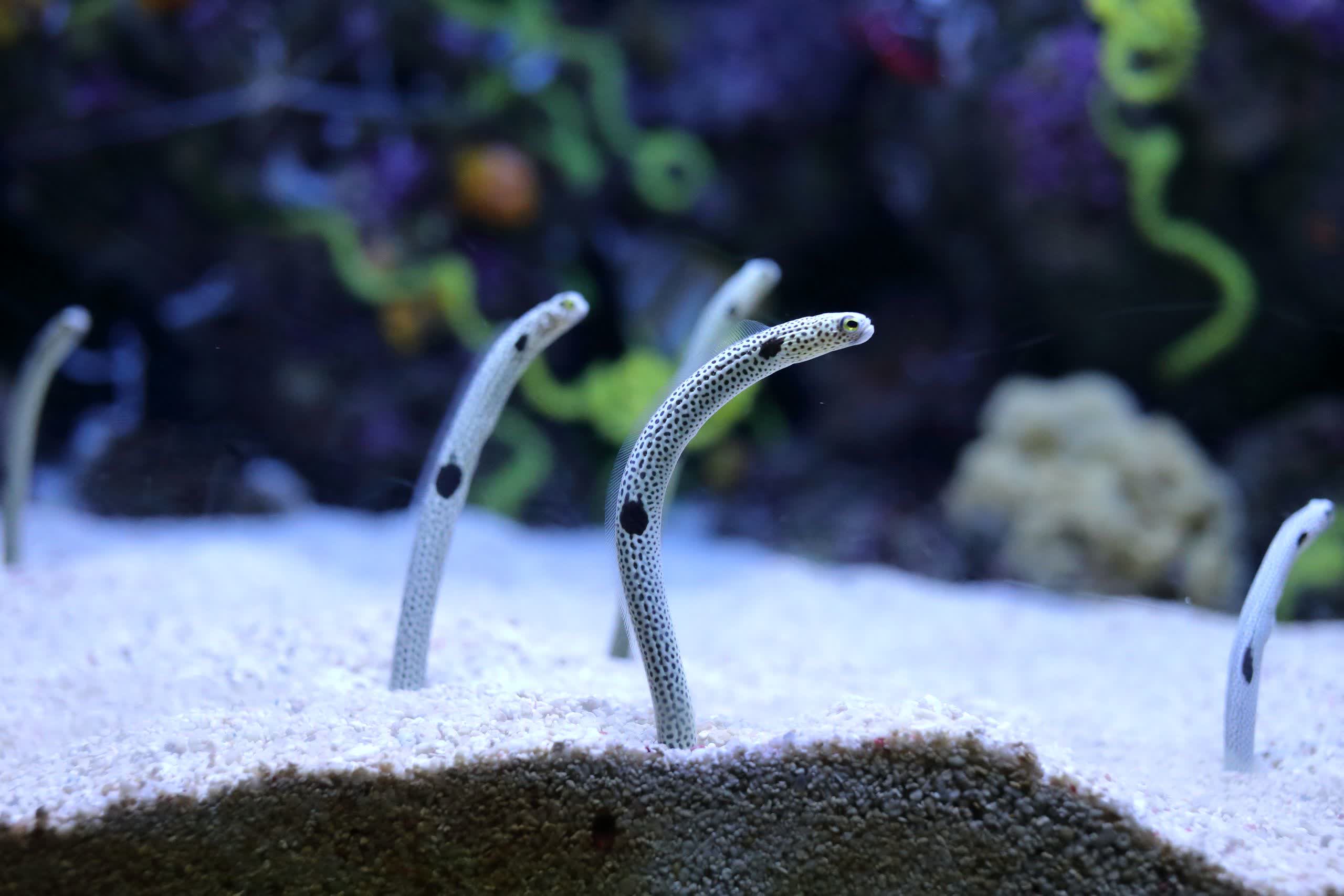WTF?! A new business venture in Hokkaido, Japan, has plans to grow 300,000 eels per annum by 2023, in waters warmed by its in-development data center. It also wants to use snow collected from the city's streets as pre-cooled liquid for its systems.

The White Data Center (WDC) launched for business last year in April, but construction of the facility is still ongoing. Meanwhile, efforts are being directed towards establishing a farming venture that will use recycled water warmed by its servers' cooling system.
At first they tested abalone, cherry tomatoes, Japanese mustard spinach, sea urchin, and several other miscellaneous products, but settled on eel, which is a popular luxury dish in Japan. Farm-grown eels are sold at upwards of $100 per kilo at wholesale, or for $90 per dish in restaurants.
WDC is also trying to grow tree ear mushrooms. Like eels, they have a short cultivation cycle, which makes them a more accessible investment.
A Kobe company provided WDC with the 1,700 elvers (juvenile eels) that it released into tanks on February 25. It plans to market them as "the first eels cultured in Hokkaido." Eels normally require warmer climates than Hokkaido, but WDC believes that the heat produced by its servers will keep the tanks of its planned 300,000 eels at the required 33° C.
In collaboration with the city of Bibai, WDC has also been cultivating 6,000 eels since November last year in warmed snowmelt. Bibai is frequently the victim of heavy snowfall and it's working with WDC to pursue the possibility of using snow collected by the city's snowplows as pre-cooled water for the servers and as a freshwater source for the eels.
WDC thinks that using the snowmelt as an abundant and affordable freshwater source could improve the taste and size of the eels. It plans to sell them at 250 grams or larger after a cultivation period of seven to twelve months. They will be sold nationwide but could also be provided to local schools for lunchtime meals.
It's less clear how the snow could be used to cool servers. Most servers use rack-scale coolers to exhaust heat into a room cooled by air-conditioning, though some servers funnel heat into a larger, closed-loop liquid cooling system. Snow isn't a natural fit for either technique. Ambient cooling technologies do exist, like Microsoft's submerged data center, but those designs don't readily translate into snow-cooling either.
Nevertheless, WDC reports that its tests have been met with a lot of success, and it will continue to invest in the development of novel energy-reduction techniques.
Image credit: Maksim Shutov
https://www.techspot.com/news/94125-japanese-data-center-using-waste-heat-farm-eels.html